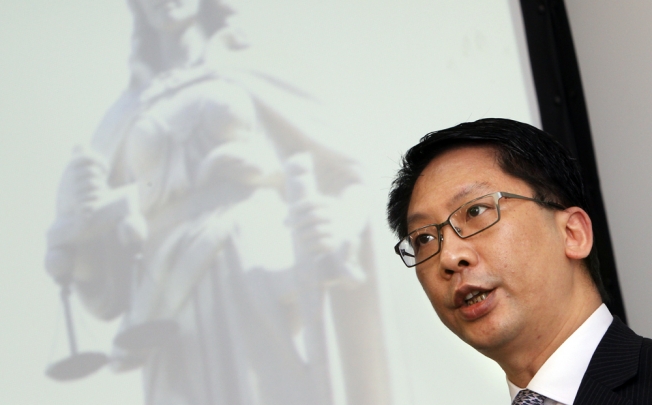Who owns the family home? This question is especially relevant if a couple break up. In the case of a married couple, the court can make use of the powers available to it on divorce; it has a degree of flexibility as to how to divide the family's assets.
The film Overheard 3 tells the story of a battle for the control of a corporation set up to acquire the rights of the male indigenous residents of New Territories villages and engage in property development on a massive scale.
Mark Twain advised: "Buy land, they're not making it anymore." As the world's population increases, the advice may well take on extra significance.
Last August, I wrote a column praising Hong Kong's system for the management of multi-owned buildings and estates. Some system of collective decision-making is indispensable. I suggested that the ability to set up an owners' corporation is an elegant response to this very practical need.
I began to teach law in 1991. "Technology" then meant the word processor, the photocopier and the overhead projector displaying slides on sheets of acetate. Now we have, in our pockets, the ability to produce podcasts, e-books and presentation slides.
Visitors to Hong Kong are struck by how densely packed together we are. A single residential estate, occupying a relatively small area of ground, provides homes for thousands of families. Each estate is, effectively, a district, often with its own leisure facilities, gardens and links to the transport network.
Land disputes are very often about the interpretation of the words used in a lease or some other document. Dealings with land are based on the bargain struck between two parties, such as a buyer and seller or a landlord and tenant. The parties have to spell out the terms of their agreement.













